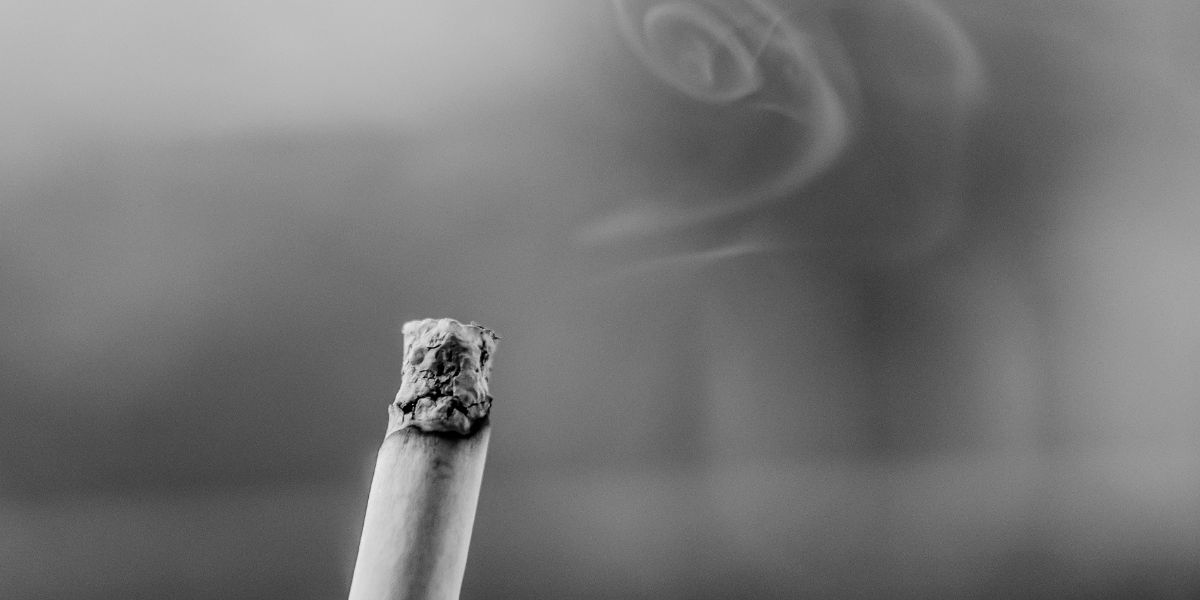What comes into your mind when you see the warning on cigarette packs? Probably lung cancer. Throat cancer perhaps. But did you know that most or at least half of gum diseases are caused by smoking? And on severe cases can cause tooth loss.
 Research revealed that tobacco use (chewing and smoking) is among the greatest risk factors the development of gum disease.
Research revealed that tobacco use (chewing and smoking) is among the greatest risk factors the development of gum disease.
Gum or periodontal disease destroys the soft tissues and bones that holds your teeth to the jawbones. The bacterial infection starts in the dental plaque that builds in the spaces around your teeth. The infection breaks down the soft tissues and bones.
In the onset of the disease, one of the most common signs is the bleeding of your gums when you floss or brush. As the bacterial infection progresses, the gums start to collapse. You’ll notice that your gums is starting to pull away from the teeth, leaving spaces or pockets between your teeth and gums. These pockets deepen as the infection further destroy the supporting structures. As a result, your teeth become slack and painful, and worst, it may even fall out on its own. Research revealed that smokers tend to have more tartar buildup than nonsmokers.
Though in some cases, smokers seldom experience gum bleedings, it doesn’t mean that their gums are healthy. In fact, tobacco use speeds up the progress of the gum disease. Smokers or tobacco users exhibited deeper pockets between the gums and teeth. They are also 5 times at greater risk of bone loss than nonsmokers. So it is very important that you regularly visit your dentist if you’re a chronic smoker.
Not only does tobacco use or cigarette smoking increases your risk of developing gum disease, it also makes any treatment more difficult. That’s because nicotine delays the healing because of the poor blood flow in your gums. Even cosmetic procedures, like porcelain laminates, won’t last long for smokers.
Quitting smoking now does significantly reduces your risks. Studies suggest that in 11 years after you quit smoking, your risk of periodontal disease is lowered to that of a person who never smoked.
Oral Cancer
Maybe the greatest threat of cigarettes to your oral health is the link it has to oral cancer. Studies revealed that:
- Around 90 percent of patients suffering from mouth cancer are tobacco users. The risk is higher the more and longer you smoke;
- Smokers are 6 times at higher risk of developing oral cancer;
- Around 37 percent of patients treated for cancer who continue to smoke are most likely to develop a second cancer of the mouth, larynx, or throat;
- Smoke from cigars, cigarettes, or pipes can cause cancers in the mouth, lips, the throat, larynx, lungs, etc.; and
- Smokeless tobacco is also linked to cancers of the gums, cheeks and inner surfaces of your lips. Smokeless tobacco users are 50 times more at risk of developing these cancers.
Quitting smoking now lessens your risk of developing periodontal diseases and oral cancer. Talk to your doctor about your choices.




